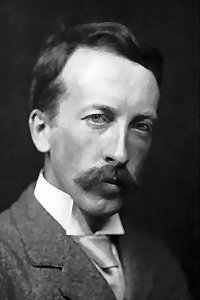Introduction

Born: December 27, 1859, Ebrington, Gloucester, England.
Died: April 8, 1937, Westminster, London, England.
Buried: Brookwood Cemetery, Surrey, England.

Born: December 27, 1859, Ebrington, Gloucester, England.
Died: April 8, 1937, Westminster, London, England.
Buried: Brookwood Cemetery, Surrey, England.
William was the son of William Elliot Hadow and Mary Lang Cornish.
He studied at Malvern College, then Worcester College, Oxford, where he taught and became Dean in 1889.
In 1905, he was elected the first Old Malvernian member of the Council of Malvern College.
In 1909, he was appointed principal of Armstrong College in the Newcastle Division of Durham University before becoming Warden & Vice Chancellor of the University of Durham in 1916.
In 1919, he became Vice Chancellor of Sheffield University, a post he held until 1930.
As chairman of several committees, he published a series of reports on education, notably The Education of the Adolescent (1926) which called for the reorganization of elementary education, the abandonment of all-age schools, and the creation of secondary modern schools. These became known as the Hadow Reports. He was a leading influence in English education at all levels in the 1920s and 1930s.
Hadow also wrote a number of publications on music and music theory, including the Oxford History of Music, which he wrote and edited. In addition, he was a composer and member of the Council of the Royal College of Music.
Hadow was awarded a Knight Bachelor in 1918 and Commander of the Most Excellent Order of the British Empire in 1920.